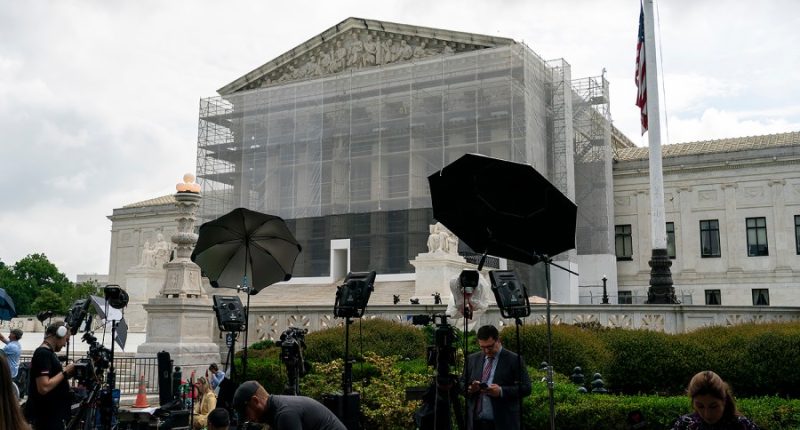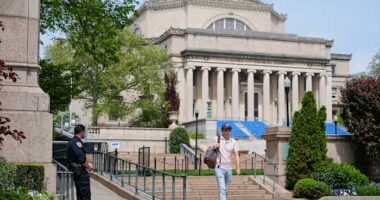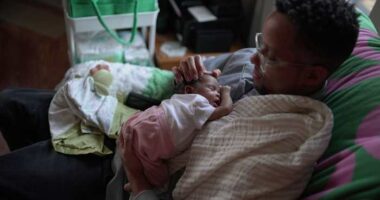Share this @internewscast.com

The Supreme Court took up Monday a case on whether a former Louisiana inmate can receive damages from prison officials for forcibly shaving his dreadlocks despite his Rastafari beliefs.
A lower court “emphatically” condemned Damon Landor’s treatment but said the Religious Land Use and Institutionalized Persons Act of 2000 (RLUIPA) provided no pathway for him to sue the officials for damages in their individual capacities.
Backed by the Trump administration, Landor hopes the Supreme Court will rule the other way, allowing him and other inmates to get compensation when their religious liberty rights are violated.
The case is set to be considered during the Supreme Court’s next annual term. Oral arguments are likely to be set during the late fall or winter, with a decision expected by next summer.
It follows a unanimous 8-0 decision the court issued in 2020 finding that RLUIPA’s sister statute, the Religious Freedom Restoration Act of 1993 (RFRA), allows for damages suits.
But RFRA only applies to the federal government. RLUIPA applies to state officials, and it is specifically aimed at protecting religious rights in land regulations and prisons.
The statute only allows substantial burdens on someone’s religious exercise if the government demonstrates it furthers a compelling governmental interest, and its action is the least restrictive means to do so.
“The denial of a damages remedy to vindicate RLUIPA’s substantive protections would undermine that important purpose. And the circumstances precluding relief here are not unique,” Solicitor General D. John Sauer wrote in court filings.
Landor’s attorneys at Weil, Gotshal & Manges and Casey Denson Law agreed, saying the widespread implications merit the court’s review.
“More than one million people are incarcerated in state prisons and local jails. Under the prevailing rule in the circuit courts, those individuals are deprived of a key remedy crucial to obtaining meaningful relief,” the petition reads.
The Republican-controlled Louisiana attorney general’s office, however, takes the opposite view.
In court papers, the state acknowledged Landor’s story is “antithetical to religious freedom and fair treatment of state prisoners” and insisted it has changed its prison grooming policy to ensure it doesn’t happen again.
But the state believes RLIUPA doesn’t provide the damages pathway that Landor seeks, stressing that RLIUPA relies on a different part of the Constitution than the other statute.
“Serious consequences would flow from Petitioner’s view, if adopted,” the state wrote. “For example, the current staffing shortage in state prisons would only grow worse if current staff and potential job applicants learned that they would be personally liable for money damages.”
The Supreme Court meanwhile declined to take up a second, near-identical case arising from a devout Hindu who was wrongfully convicted of sexual abuse.
Sanjay Tripathy, whose lawyers also represent Landor, said New York officials violated his religious rights when assigning him to a counseling program for sex offenders. The program requires participants to accept responsibility, but since Tripathy is innocent of those charges, he said the program violated the core Hindu tenet against lying.
The court appears to be holding Tripathy’s case until it can decide Landor’s appeal, as requested by their attorneys.











